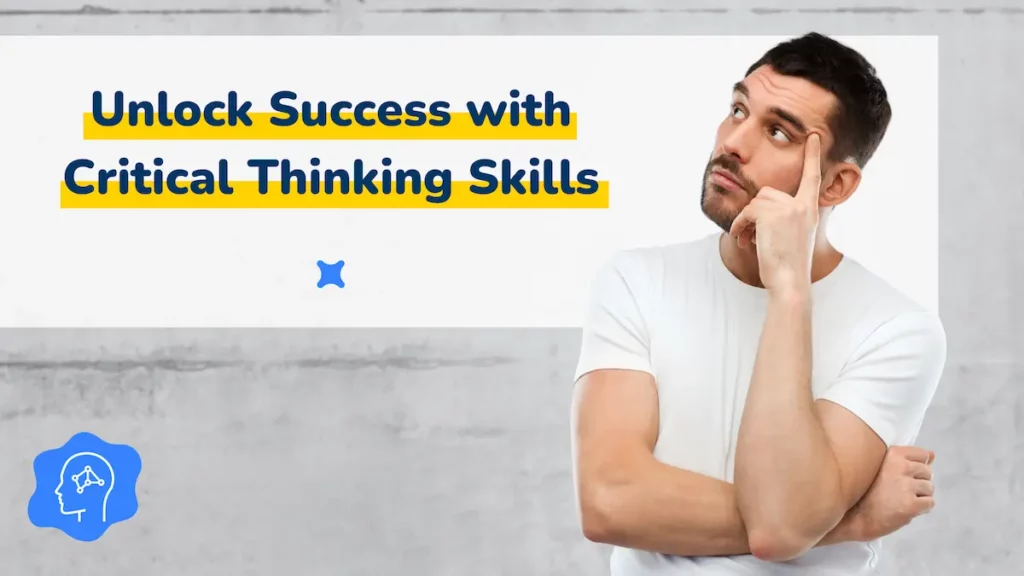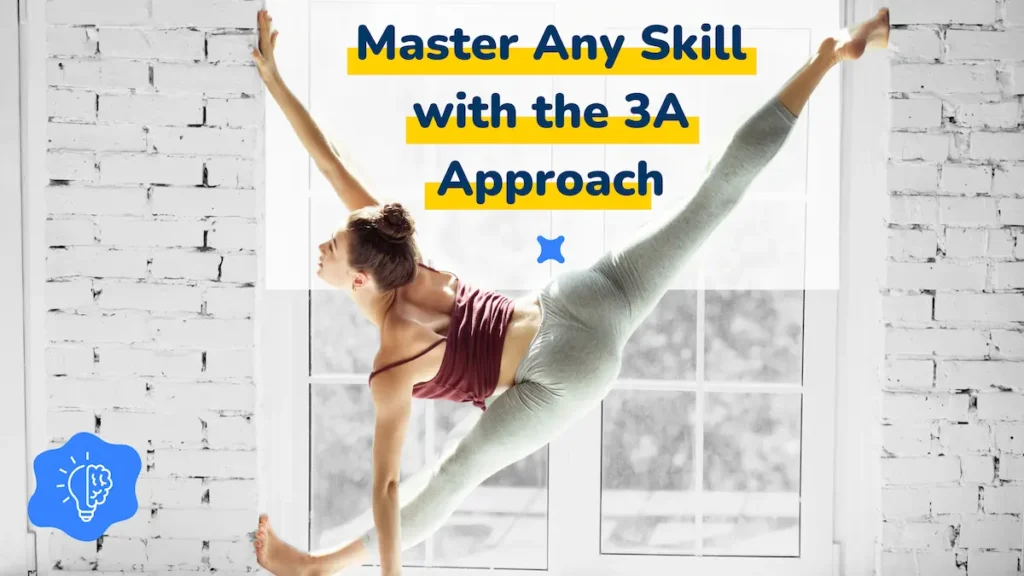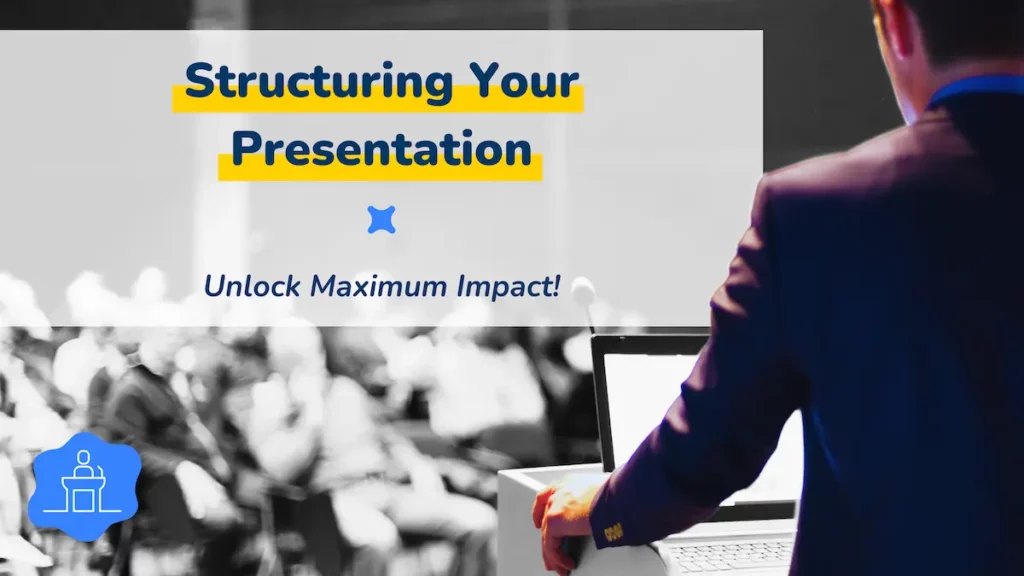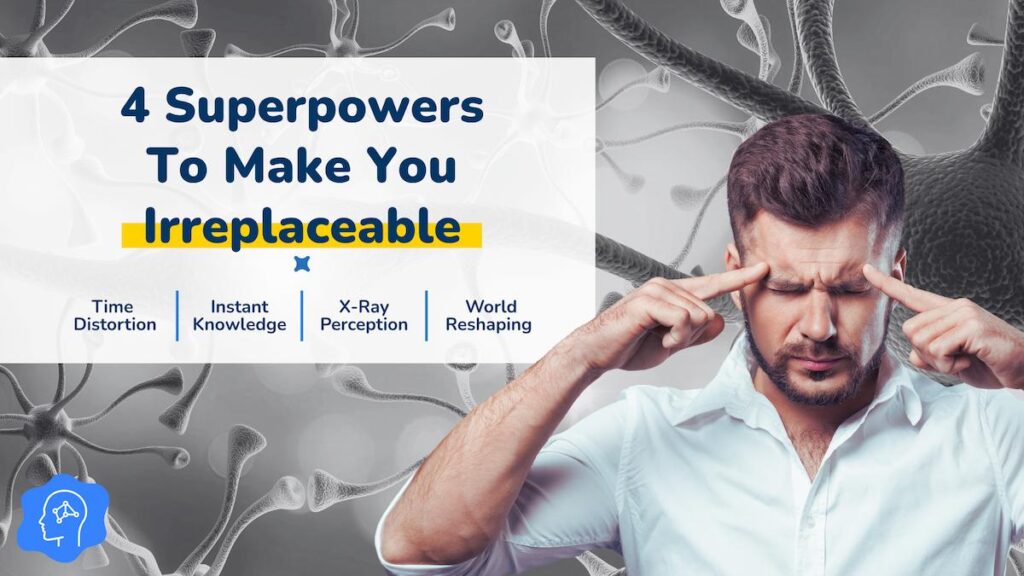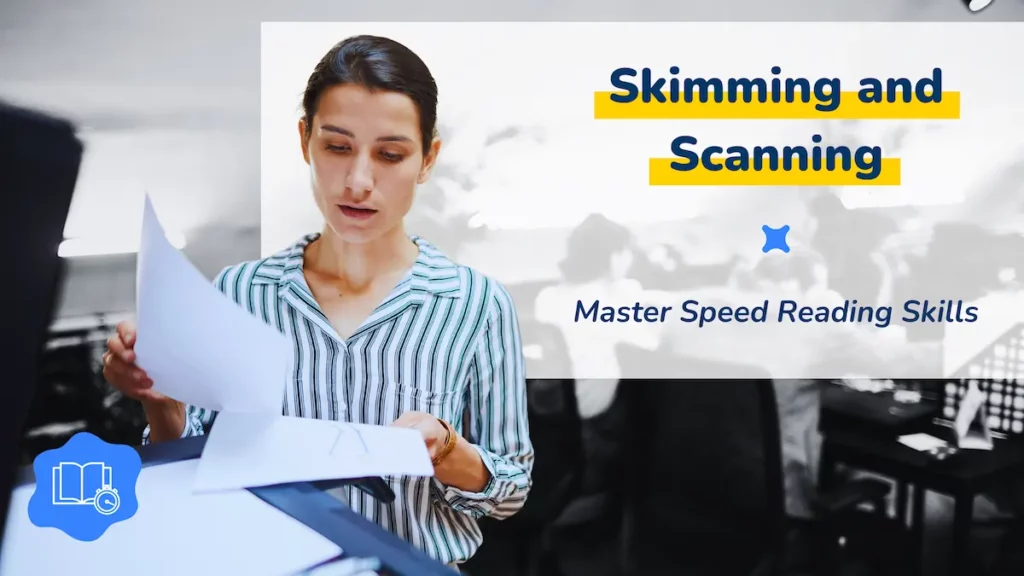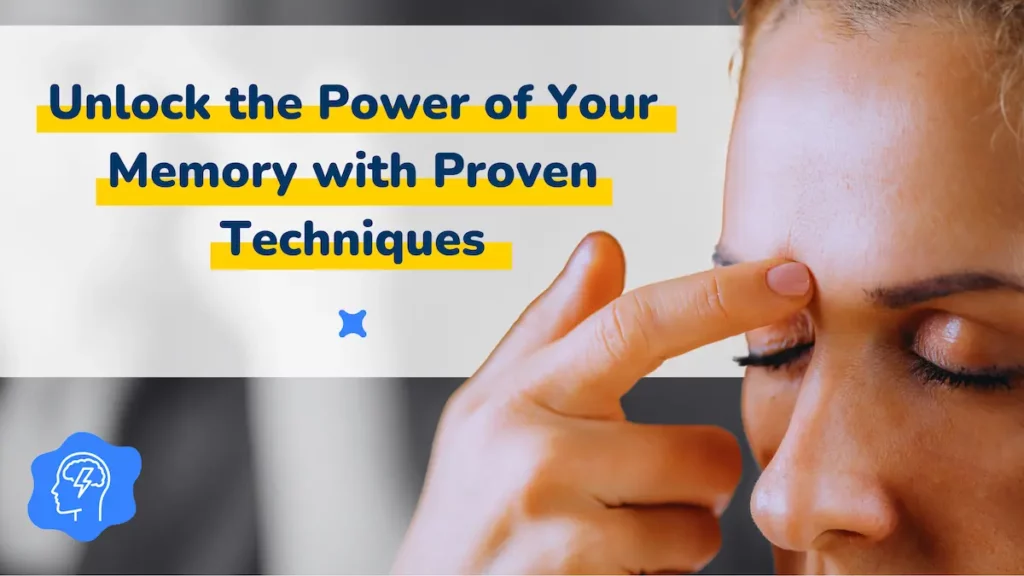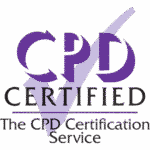Critical thinking is a vital skill for both personal and professional success. It involves actively and skillfully conceptualising, applying, analysing, synthesising, and evaluating information. Guided by universal intellectual standards, critical thinking helps us make informed judgments and decisions.
What is Critical Thinking?
Critical thinking goes beyond mere information recall; it involves higher-order thinking processes like questioning, analysing, synthesising, and evaluating information. The University of Louisville defines critical thinking as “the intellectually disciplined process of actively and skilfully conceptualising, applying, analysing, synthesising, and/or evaluating information” from various sources to guide belief and action. This definition highlights the complexity and multifaceted nature of critical thinking.
The Importance of Critical Thinking
Thinking critically is crucial for navigating today’s information-rich world. It enables individuals to process vast amounts of information, distinguish between facts and opinions, and make sound decisions. Whether in education, the workplace, or daily life, the ability to think critically fosters better outcomes and solutions.
Benefits of Critical Thinking
- Enhanced Problem-Solving: Critical thinking allows individuals to approach problems methodically, considering all possible solutions and selecting the best one.
- Improved Decision-Making: By evaluating information and potential outcomes, critical thinkers make more informed and effective decisions.
- Increased Creativity: Thinking critically encourages the exploration of new ideas and perspectives, leading to innovative solutions.
- Better Communication: Clear and logical thinking enhances the ability to articulate thoughts and arguments effectively.
- Greater Independence: Critical thinkers can make decisions and form opinions independently, without undue influence from others.
The Paul-Elder Critical Thinking Framework
The Paul-Elder framework is a well-recognised model for teaching and practising critical thinking, comprising three main components:
Elements of Thought
The elements of thought are the fundamental components that guide the critical thinking process. Each element plays a vital role in structuring and shaping our thinking:
- Purposes: These are the goals or objectives we aim to achieve through our thinking. Every thought process starts with a purpose, whether it’s solving a problem, making a decision, or understanding a concept.
- Questions: Questions drive the thinking process. They define the problems or issues we need to address and help direct our focus. Effective critical thinking involves asking relevant and insightful questions that probe deeper into the subject matter.
- Assumptions: Assumptions are the beliefs or principles we take for granted. Identifying and scrutinising our assumptions is crucial as they can influence our conclusions and judgments.
- Points of View: Different perspectives from which we approach the problem. Considering various viewpoints helps in understanding the issue more comprehensively and avoiding a narrow outlook.
- Data: The information and evidence we use to support our conclusions. Reliable and relevant data form the backbone of strong critical thinking, allowing us to draw well-founded inferences.
- Inferences: The conclusions drawn from the data. Inferences are the interpretations we make based on the available information, guiding our decisions and actions.
- Concepts: The theories and ideas that frame the problem. Concepts provide a framework for understanding the issue and applying relevant knowledge.
- Implications and Consequences: The potential outcomes of our conclusions and actions. Considering the implications and consequences ensures that we are aware of the broader impact of our decisions.
Understanding and applying these elements allows us to approach thinking in a structured and disciplined manner, ensuring thorough analysis and sound conclusions.
Intellectual Standards
Intellectual standards are criteria used to evaluate the quality of our thinking. These standards ensure that our thought processes are clear, logical, and unbiased:
- Clarity: Clear thinking ensures that the meaning is understandable and free from confusion. Asking questions like “Can you elaborate on that point?” or “Could you give an example?” helps achieve clarity.
- Accuracy: Ensuring that the information is true and correct. Verifying facts and data through reliable sources is essential to maintain accuracy in our thinking.
- Precision: Specificity and exactness are key to precise thinking. Providing detailed information and avoiding vague statements enhance precision.
- Relevance: Relevant thinking focuses on the pertinent aspects of the issue. It involves filtering out irrelevant information and concentrating on what matters most to the problem at hand.
- Depth: Depth in thinking addresses the complexity of the issue. It involves considering the underlying factors and addressing the intricate details that influence the problem.
- Breadth: Breadth ensures that multiple perspectives are considered. It involves looking at the issue from different angles and incorporating diverse viewpoints to get a comprehensive understanding.
- Logic: Logical thinking ensures that the reasoning is coherent and consistent. It involves connecting ideas in a rational manner and ensuring that the conclusions follow logically from the premises.
- Significance: Focusing on the most important issues. It involves prioritising significant information and addressing the critical aspects of the problem.
- Fairness: Just and unbiased thinking. It involves considering all relevant viewpoints objectively and avoiding favoritism or prejudice.
Consistently applying these intellectual standards enhances the quality of our thinking, leading to more reliable and valid conclusions.
Intellectual Traits
The intellectual traits are developed through the consistent application of intellectual standards. These traits are essential characteristics that shape the way we think and approach problems:
- Intellectual Humility: Recognising the limits of one’s knowledge and being open to new ideas. Intellectual humility involves being aware of potential biases and acknowledging that one may not have all the answers. This trait encourages a willingness to learn and grow.
- Intellectual Courage: Willingness to challenge popular or entrenched beliefs, even when faced with opposition. Intellectual courage involves taking risks in pursuit of truth and understanding, and being open to considering and evaluating new or conflicting information.
- Intellectual Empathy: The ability to consider others’ viewpoints and understand their perspectives. Intellectual empathy fosters a deeper understanding of different opinions and promotes more thoughtful and compassionate engagement with others.
- Intellectual Autonomy: Thinking independently and relying on one’s own reasoning. Intellectual autonomy involves making decisions based on one’s critical evaluation of evidence and arguments, rather than being influenced by external pressures or popular opinion.
- Intellectual Integrity: Maintaining consistency in one’s beliefs and actions, and being honest and ethical in one’s reasoning. Intellectual integrity involves a commitment to truth and fairness, ensuring that one’s thinking is not compromised by self-interest or deceit.
- Intellectual Perseverance: Persisting through complex problems and challenging situations. Intellectual perseverance involves a dedication to thoroughly understanding and resolving issues, even when faced with difficulties or setbacks.
- Confidence in Reason: Trusting logical and rational processes to guide one’s thinking and decision-making. Confidence in reason involves a belief in the power of logical analysis and evidence-based reasoning to arrive at sound conclusions.
- Fair-mindedness: Striving to treat all viewpoints equally without bias or favoritism. Fair-mindedness involves being open to different perspectives and ensuring that one’s thinking is objective and impartial.
Developing these intellectual traits is crucial for cultivating a robust and effective critical thinking practice. By consistently applying intellectual standards and fostering these traits, individuals can enhance their ability to think clearly, make better decisions, and solve problems more effectively.
Why Focus on Critical Thinking?
Fostering critical thinking enhances the ability to tackle complex problems effectively. It moves individuals beyond rote memorisation to the application, analysis, and synthesis of knowledge. This skill is crucial for higher education and professional success, preparing students to address real-world challenges with well-reasoned solutions. The University of Louisville advocates for integrating critical thinking across all courses to develop and reinforce these skills.
Practical Applications of Critical Thinking
In Education
Critical thinking in education employs inquiry-based learning methods, encouraging students to engage deeply with and analyse material. This approach equips students with the ability to apply knowledge practically beyond the classroom. Techniques such as Socratic questioning, problem-based learning, and case studies are commonly used to foster critical thinking in educational settings.
In the Workplace
Professionals need to think critically to navigate complex situations, make strategic decisions, and solve problems efficiently. Employers highly value these skills as they lead to better project outcomes and innovative solutions. For example, a marketing manager might use critical thinking to analyse market trends, evaluate customer feedback, and develop a data-driven strategy that enhances the company’s competitive position.
In Daily Life
Everyday decisions, from managing personal finances to making health choices, benefit from critical thinking. It helps individuals evaluate options, consider consequences, and make informed choices. For instance, when deciding on a major purchase, critical thinking enables a person to compare products, assess value for money, and anticipate future needs and benefits.
Developing Critical Thinking Skills
Ask Questions
Always question assumptions and strive to understand the ‘why’ behind the information. Asking questions such as “What evidence supports this claim?” and “Are there alternative explanations?” can deepen your understanding and reveal hidden biases or gaps in knowledge.
Reflect
Take time to reflect on your thought processes and decisions. Reflection helps in recognising patterns, understanding strengths and weaknesses, and improving future decision-making. For example, journaling or discussing decisions with a trusted colleague or friend can be effective reflective practices.
Engage in Discussions
Participate in debates and discussions to test your ideas and consider different perspectives. Engaging with others challenges your thinking, exposes you to new ideas, and strengthens your ability to argue logically and coherently. Join discussion groups, attend seminars, or engage in online forums related to your interests or profession.
Practice Problem-Solving
Regularly engage in activities that require analysis and problem-solving. Puzzles, strategic games, and case studies are excellent ways to hone these skills. Taking on complex projects at work or participating in hackathons or innovation challenges can also provide practical problem-solving experience.
Enhance Your Skills with inGeniusly
inGeniusly offers advanced tools and techniques to further develop your critical thinking skills. By focusing on improving your concentration, organising your thoughts, and paying attention to detail, inGeniusly helps you become a more effective thinker. Moreover, inGeniusly provides strategies to identify and overcome cognitive biases that may hinder your critical thinking. These personalised approaches ensure that you not only learn to think critically but also apply these skills in ways that directly address your specific challenges and biases, leading to more accurate and fair-minded decision-making.
Final Thoughts
Critical thinking is a crucial skill that transcends disciplines, essential for personal and professional growth. By understanding and applying the principles of critical thinking, such as those outlined in the Paul-Elder framework, individuals can enhance their ability to think clearly, make better decisions, and solve problems more effectively. Embrace these practices to develop your abilities and apply them across all areas of your life.
FAQs
What is critical thinking?
Critical thinking is the intellectually disciplined process of actively and skillfully conceptualising, applying, analysing, synthesising, and/or evaluating information from various sources to guide belief and action.
Why is critical thinking important?
Critical thinking is important because it enables individuals to make well-informed decisions, solve complex problems, and think creatively and logically. It is essential for personal development, academic success, and professional growth.
How can I develop my critical thinking skills?
You can develop your critical thinking skills by asking questions, reflecting on your thought processes, engaging in discussions, and practising problem-solving. Utilising frameworks like the Paul-Elder model can also help in structuring and enhancing your thinking.
What are the benefits of critical thinking in the workplace?
In the workplace, critical thinking leads to better decision-making, more effective problem-solving, and innovative solutions. It helps professionals navigate complex situations, analyse data critically, and develop strategic plans.
How does critical thinking apply to daily life?
In daily life, critical thinking helps individuals make informed decisions about personal finances, health choices, and other important matters. It allows for the evaluation of options, consideration of consequences, and making of well-reasoned choices.
What is the Paul-Elder critical thinking framework?
The Paul-Elder critical thinking framework is a model that includes elements of thought, intellectual standards, and intellectual traits. It provides a comprehensive approach to developing and assessing critical thinking skills.
By integrating these insights and strategies into your daily routine, you can effectively boost your critical thinking abilities and cognitive capabilities.
